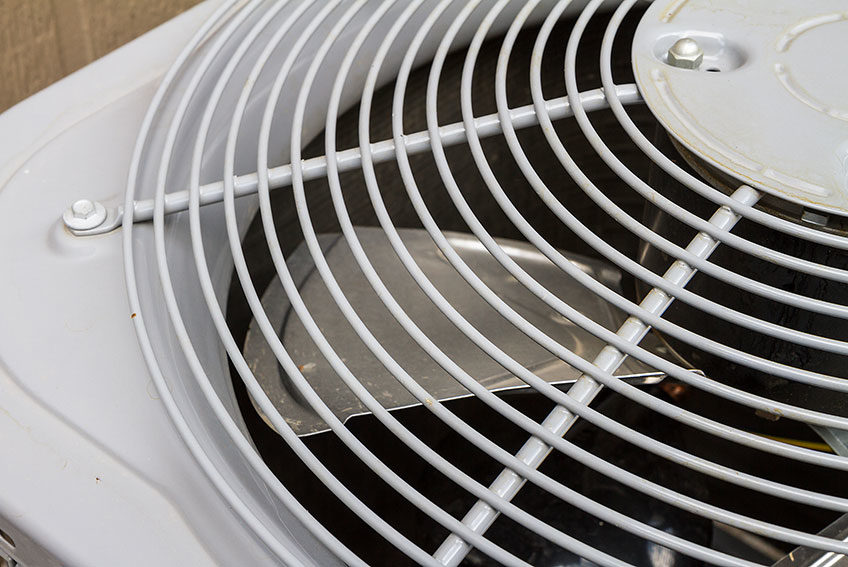Efficiency Ratings, System Components, AHRI

When we sell new HVAC systems, system efficiency (usually measured as SEER, which you can learn more about here) is the first thing that homeowners usually look at (besides sometimes the brand). Yes, people do want to use their energy (and money) wisely, but the reason efficiency is primary is because it’s one of the few ways to objectively compare one unit to another.
HVAC systems are notoriously difficult to purchase– While you can certainly find plenty of companies willing to accept your money and put in a system, making a good choice of who and what is the really hard part. It’s hard to choose one brand over another, one model over another, and one contractor over another. Despite the wide array of choices, in many ways the differences are either difficult to understand or difficult to accurately detect what is most important to the purchase.
The good news about efficiency ratings is that they aren’t arbitrary. Imagine if every manufacturer tested their own systems and claimed their own efficiency ratings. It would be like car companies testing the fuel efficiency of their own cars. For cars, the US EPA steps in to independently test cars using fixed criteria and then provides their ratings. For HVAC systems, it’s an organization called AHRI. The air-conditioning, heating and refrigeration institute. They have a variety of functions in the industry, but the best known is their efficiency rating certifications: SEER and EER.
The following statement from AHRI’s website explains their performance certification program:
The AHRI Product Performance Certification Program is a voluntary program, administered and governed by AHRI, which ensures that various types of heating, ventilation, air conditioning, refrigeration, and water heating products perform according to manufacturers’ published claims. Products that are certified through the AHRI Product Performance Certification Program are continuously tested, at the direction of AHRI, by an independent third–party laboratory, contracted by AHRI, to determine the product’s ability to conform to one or more product rating standards or specifications.
– www.ahridirectory.org
To be clear: The AHRI organization doesn’t necessarily test all equipment, or even most of it — but they have established standards for testing, and they work with the manufacturers to ensure that accurate ratings are produced, so we can be pretty confident that the SEER and EER efficiency levels on AHRI-certified equipment is accurate.
Rating HVAC systems for efficiency is difficult however. Not the testing and measurement, which I’m sure has its challenges, but the sheer volume of equipment involved. There are lots of brands and sub-brands, and each of those has many models of equipment. On top of that, those pieces of equipment must be combined with each other to fit your home and needs, and all those possible combinations can have differing efficiency levels.
With all of those permutations, the AHRI simply can’t test every single possibility, but they do test (and re-test) A LOT of them. When you purchase an HVAC system with a specified SEER, you should ask whether it’s AHRI certified. Unless you are only replacing a piece of your system and not the whole thing, or you have a unique application, there really isn’t a good reason a complete and new HVAC system shouldn’t be AHRI rated.
To check whether your system is AHRI rated and find the official SEER efficiency rating, you can go to the AHRI website and search the AHRI Directory (the button is quite prominent). If your contractor gave you your AHRI number but not a certificate, you can search using that unique number (recommended), but you may also search by the make and model of the equipment. Keep in mind you will need the make and model of all of your equipment. For a split system A/C and furnace, that will be 3 different components: The condensing unit, the furnace/air-handler, and the evaporator coil. When you find your matching equipment you will be able to see the rating and generate an official certificate (if you want to!).



